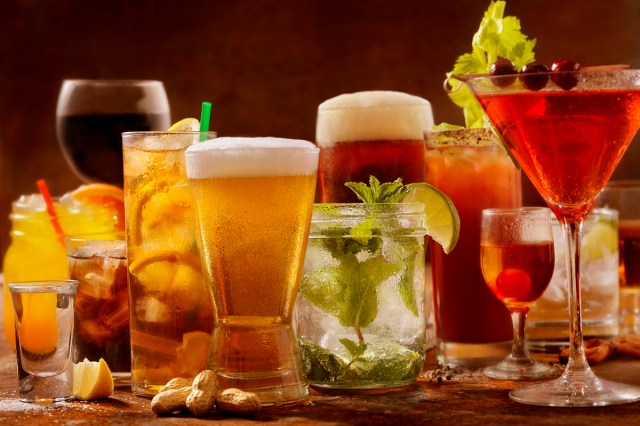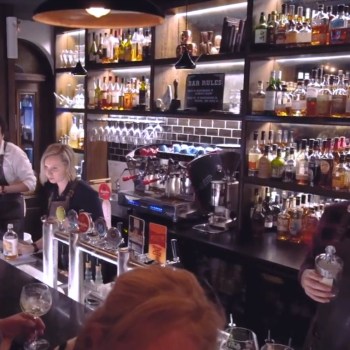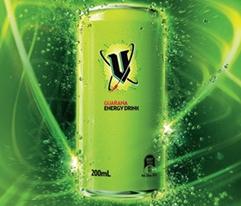Below is the official guidance from the National Measurement Institute on what drinks you need to measure and what you could be audited on.
Trade measurement laws regulate the retail and wholesale sale of alcohol.
If you sell beer, stout, ale, brandy, gin, rum, vodka, and whisky (or whiskey), you must sell at a price determined by volume.
If you sell alcohol in bottles, cans or casks, you must meet the pre-packaged goods requirements.
Beer, stout and ale
If you sell beer on tap, this usually involves serving it in an approved batch-tested glass or jug:
- with the volume marked in millilitres (mL) or litres (L)
- made from glass, acrylic or another approved material
- with the capacity of a glass defined by either the brim or a capacity (Plimsoll) line
- with the capacity of a jug defined by a capacity (Plimsoll) line.
All batch-tested products have been approved by the National Measurement Institute (NMI) under category 4/1/0D and:
- checked by a servicing licensee
- verified against NMI’s test procedures
- permanently marked or moulded with the manufacturer’s identification, the capacity and the batch testing mark
- Other vessels or containers.
If you sell beer in non-verified or non-standard vessels or containers—such as mason jars, growlers or squealers—you must still sell it using accurate volume measurements.
If you’re not using batch approved glassware, you must advertise the actual capacity of the glass or container. You can do this using a:
- printed or written menu clearly visible at the point of sale
- receipt or swing tag on the bottle for takeaway containers
Spirits
You must sell brandy (including cognac and armagnac), gin, rum, vodka or whisky (or whiskey) by reference to volume. This usually involves using an NMI-approved spirit measure.
Spirit measures include:
- thimble measures
- egg cups
- jiggers
- more complex dispensers that require verification by servicing licensees
Simple spirit measures must be:
- in capacities of 15 mL, 30 mL or 60 mL
- marked with either batch-testing markings or a verification mark
- made of a rigid or semi-rigid material
Spirit dispensers must:
- be of a pattern approved under categories 4/5/ or 5/6S/ and bear a verification mark applied by a servicing licensee
- deliver fixed quantities of 15 mL, 30 mL or 60 mL
You must sell specified spirits by volume when you serve them with a mixer such as soft drink, milk or water.
Using spirit dispensers
If you sell alcohol using spirit dispensers, you must ensure that:
- NMI has approved your type of dispenser and any attached modules (i.e. point of sale system)
- a servicing licensee has verified your dispenser and any attached modules
- you and your staff use the instrument in the correct manner
- you keep the dispenser clean and in good working order
- a servicing licensee verifies the dispenser after each repair or adjustment
We recommend that you have all your dispensers checked regularly by a technician licensed by NMI (servicing licensee). For a list of servicing licensees, email tmlicensees@measurement.gov.au.
Exemptions
You can use non-approved bottle-top or wall-mounted pourers for non-specified spirits, provided you do not state the volume served.
Spirits not specified in the regulations, including liqueurs, do not have to be sold by volume.
You do not need to use spirit measures when you mix these spirits with other spirits or alcoholic liquors to produce cocktails.



